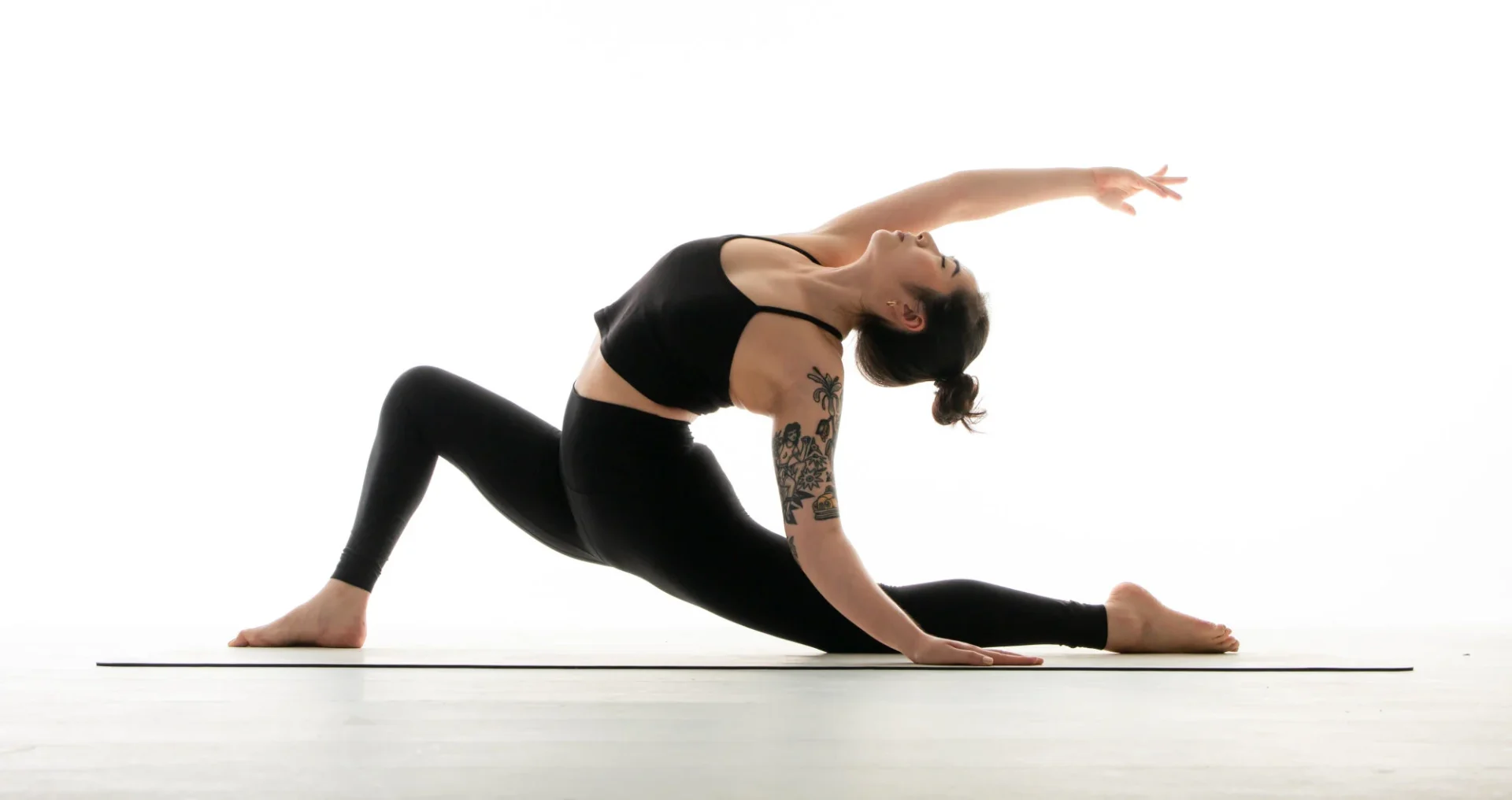Long known for its benefits to physical flexibility and fitness, yoga is now making a mark as a potent tool for cognitive well-being. Recent research from Dr. Diana Karamacoska at Western Sydney University’s NICM Health Research Institute reveals how yoga significantly aids individuals with mild cognitive impairment and dementia.
According to Dr. Karamacoska, yoga enhances brain neuroplasticity—our brain’s ability to reorganize itself—improves sleep quality, and boosts cardiorespiratory fitness. These changes help mitigate stress, inflammation, and mental health issues, all of which contribute to better overall brain health.
Her research corroborates the findings of a 2019 University of Illinois study which suggested that yoga positively impacts the brain’s default mode network, including the hippocampus, a region undergoing substantial age-related changes in dementia cases.
Beyond yoga’s physical elements, the practice also incorporates mindfulness—a key component that sets yoga apart from other exercises. Wendy Du, founder of Hong Kong’s Shan Studios, emphasizes that mindfulness cultivated in yoga practice can significantly aid in de-stressing, memory enhancement, and emotional regulation.
While yoga is indeed a beneficial practice, preventing dementia involves a broader lifestyle approach. WHO‘s guidelines for reducing cognitive decline risk recommend a combination of aerobic, resistance, and flexibility training exercises—all of which yoga encompasses.
Different styles of yoga, such as hatha, ashtanga, vinyasa, kundalini, yin, yang, and Iyengar, can provide varying benefits. Du advises practitioners to find a style that includes meditation or breathwork components, ensuring a comprehensive approach to physical and mental health.
Whether through in-person instruction or online resources, the key is to maintain consistency in yoga practice. The benefits of yoga, particularly for brain health, come naturally with time and dedication to the practice.
READ MORE:
